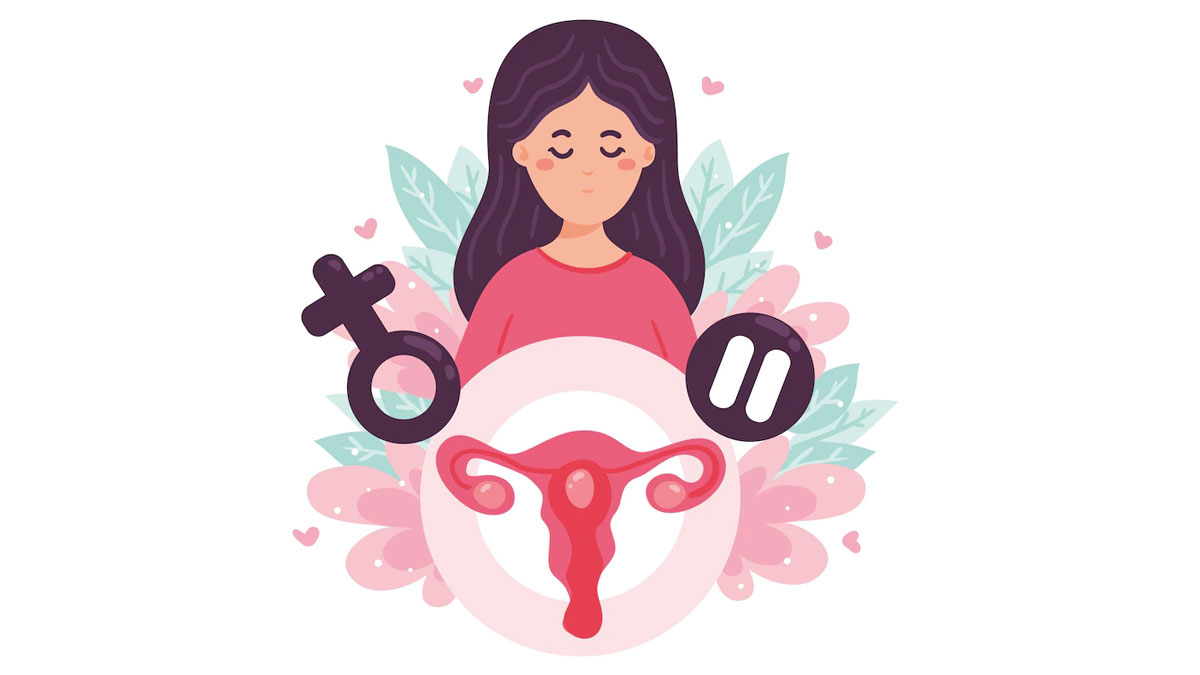
Once you are done with pregnancy, changing hormones and settling into the new lifestyle is already challenging. But then you have to deal with post-delivery menstruation-related issues and that can make anyone anxious.
If you have questions regarding postpartum periods, this article is for you.

According to a Healthline report, you will get your first period six to eight weeks postpartum. The red discharge you get immediately after the delivery is actually tissue, blood, and waste that the body releases.
An article in Parents says you should use sanitary pads during this phase. If you use insertable sanitary products, they increase the chances of vaginal tearing, bruises, and infections. Many women go period-free until they start supplementing breastfeeding with solid food for the newborn.
Pregnancy is rare but possible in the postpartum phase, even when you are menstruation-free. Though breastfeeding prevents periods, it does not offer protection against pregnancy.
If you are not breastfeeding, your body will start ovulating 25 days post childbirth. An article in What To Expect suggests using a birth control option as a medium to avoid unwanted pregnancy. However, you must be wary of using hormonal birth control options as they can affect the milk supply.

The Healthline article says that postpartum menstruation mostly differs from periods before childbirth. In the latter case, the body needs to again get used to a regular menstrual cycle.
Apart from heavy flow, you might experience small blood clots, irregular cycle lengths, stronger than usual cramping, and irregular blood discharge. Your cycle will set into a routine after some time.
The report suggests that if you had endometriosis before pregnancy, you are likely to experience lighter flow. However, if you have thyroid issues, the bleeding might incline towards the heavier side.
The Parents article says that your birth-control options post-pregnancy can affect your menstrual cycles in different ways. If you take oral contraceptives, get an intrauterine device (IUD) fixed or choose an option containing oestrogen as it can make your bleeding lighter.
However, a non-hormonal copper IUD can extend the period cycle and cause heavy flow. The metal it contains causes heavy bleeding. However, you must consult the gynaecologist before choosing a birth control option for yourself.
Don't Miss: Lifestyle Changes To Keep Periods Pain At Bay

An article in GoodRX Health says that stress can change hormonal levels in your body. It is true for pre and post-delivery phases. However, the postpartum phase comes with sleep deprivation and can cause you to bleed heavily or even skip periods.
Therefore, the Parents article suggests you ensure a balanced diet and try to sleep as much as possible. It will help your body de-stress, and your menstrual cycle might follow a calendar.
Don't Miss: 6 Myths About Tampons That Women Need To Stop Believing
However, the facts mentioned above are quite normal for you to experience post-delivery, it is always better to consult your doctor if something seems out of the ordinary.
Also watch this video
Herzindagi video
Our aim is to provide accurate, safe and expert verified information through our articles and social media handles. The remedies, advice and tips mentioned here are for general information only. Please consult your expert before trying any kind of health, beauty, life hacks or astrology related tips. For any feedback or complaint, contact us at [email protected].